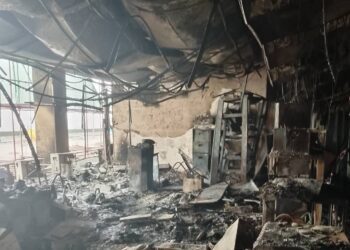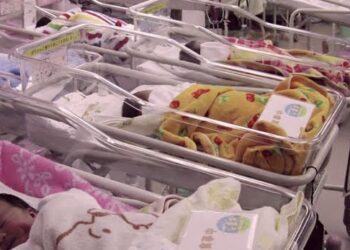The Rivers State Police Command has confirmed the death of 12 people in the explosion that occured at an illegal crude bunkering site at Rumuekpe Community in Emohua local government area of the state.LEADERSHIP gathered that the incident occurred at about 2:00am at a tapping point on the Trans Niger Delta Pipeline (TNP) which passed through the community.A spark came from a bus loaded with crude oil for transportation to the refining point, a development that resulted into fire and explosion.The Police, in a statement made available to newsmen in Port Harcourt yesterday by its spokesperson, Grace Iringe-Koko, said the identify of the 12 victims were not yet known.Iringe-Koko stated about five vehicles, four tricylces and one motorcycle were all burned to ashes.The statement reads in part: “The Rivers State Police Command has confirmed an explosion of oil pipeline at the Rumurkpe community in the Emuoha Local Government Area of Rivers State.”Preliminary investigation by the Police Command indicates that the victims were scooping crude product when the site caught fire. So far, about 12 persons are believed to have been burnt to death. The identities of the victims are still unknown.*Five vehicles, four Keke NAPEPs, and one motorcycle were all burned to ashes.”Meanwhile, the Rivers State Commissioner of Police has again admonished members of the public to stay away from illegal oil bunkering, and avail themselves of the following hotlines to report any incident or development they believe has the potential to lead to crime or break down of law and order: 08032003514, 08098880134.”
Devastating Fire at Lagos Airport Disrupts Critical Air Traffic Operations
A catastrophic fire at Terminal 1 of Murtala Muhammed International Airport (MMIA) in Lagos has severely impacted the Nigerian Airspace...








